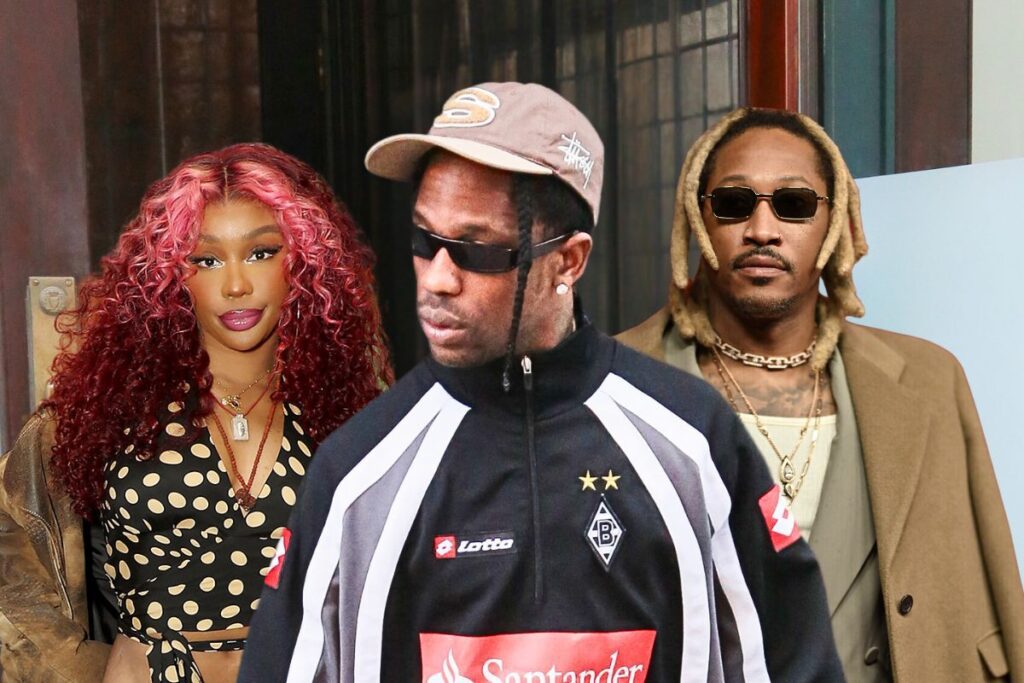
EXCLUSIVE: Travis Scott Claims Victory Boyd Lied On Copyright Registration In Battle For “Telekinesis”

Travis Scott challenged a copyright complaint in federal court, insisting that Victory Boyd couldn’t sue over “Telekinesis” because she never held exclusive rights over the material in question.
The Hip-Hop star asked a judge to toss the case brought by singer-songwriter Victory Boyd, who accused Scott of lifting lyrics and melodies from her unreleased 2019 track “Like the Way It Sounds.”
Scott’s latest argument centers on Boyd’s own admission that Kanye West was involved in the creation of the song. In her court filing, Boyd admitted that West provided the musical framework for “LTWIS,” including chords and beats.
That fact, according to the defense, invalidates her claim that she solely authored the original work — a requirement for valid copyright registration.
Scott’s legal team stated that Boyd had two conflicting registrations: one claiming full authorship of both the lyrics and music and another only covering the lyrics. Both are now under scrutiny.
The first is allegedly void because Boyd didn’t accurately list collaborators. The second, Scott argues, wasn’t submitted until after she sued, which, under copyright law, blocks her from collecting damages from earlier uses.
The lawsuit, filed in January 2025, accuses Scott, SZA and Future of unauthorized use of Boyd’s work in the song “Telekinesis.”
Also named in the complaint: Cactus Jack Records, Epic Records, Sony Music and luxury watchmaker Audemars Piguet, which used the song in a campaign despite Boyd denying them permission.
Boyd maintains she shared the original track with West in 2019. She claims he even recorded his own version titled “Ultrasounds” and that Scott would have had access to it through those sessions.
Boyd was credited as a co-writer of “Telekinesis” online, but says she was unaware that the final version had been released and never gave her approval.
Scott’s team went one step further, arguing that even if the claims proceed, West’s creative role gave him the right to authorize the use of the demo, effectively shielding the defendants from liability.
The court is expected to rule on the dismissal motion later this year.

